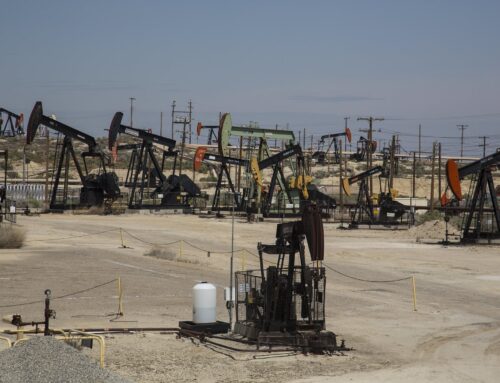Nuclear energy, once widely hailed as ‘too cheap to meter,” has become one of the most expensive sources of electricity, due to the high costs of research and development, plant construction, safety concerns, and disposal of nuclear waste. Nuclear plants have received billions of dollars in taxpayer subsidies to help build reactors, meet environmental guidelines, and insure their risky plants. In fact, between 1948 and 1998, the nuclear industry received $66 billion from the federal government in research and development funding.
The Advanced Fuel Cycle Initiative (AFCI) is supposed to dispose of spent commercial nuclear fuel by reprocessing it into usable fuel for commercial reactors. However, not only does AFCI reverse the Ford administration's stringent policy against the reprocessing of commercial nuclear waste, but it is unlikely to meet its objectives. Furthermore, AFCI will cost untold billions of dollars, create more waste than it eliminates, increase proliferation risks, and threaten homeland security. The high costs of AFCI include:
Costs of Homeland Security
-
Reprocessing yields weapons-grade plutonium that is more vulnerable to theft and diversion by terrorists.
-
Reprocessing involves building new facilities, each of which will require extensive security.
-
Transporting nuclear materials will require costly security measures.
Costs of Disposal of Hazardous Materials
-
This program will not solve America's long-term nuclear waste disposal needs.
-
Reprocessing creates new waste streams in liquid or gaseous form that are much more difficult to dispose of than waste that has not been reprocessed.
-
Reprocessing can generate up to ten times as much as the original nuclear waste.
Costs of Proliferation Risks
-
Separating usable weapons-grade plutonium from spent commercial nuclear fuel sets a dangerous precedent.
-
North Korea and other nations that are possibly hiding nuclear weapons programs behind ‘commercial nuclear power’ smoke screens will be legitimized.
-
Adding to already unmanageable and dangerous global stores of plutonium will raise our homeland security costs.
AFCI will cost hundreds of billions of dollars. The House of Representatives energy bill, H.R. 6, calls for an appropriation of $399 million just to begin the program, while the Senate is asking for $865 million in its bill (S. 14). AFCI will not solve our nuclear waste headaches, it will not be economical, and it will not reduce the threat of nuclear materials falling into the wrong hands. In the face of massive up-front costs of research and infrastructure, the huge costs of reprocessing, and the long-term costs of storage facilities, all AFCI promises is to take money from taxpayers and put it into a losing venture.










